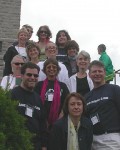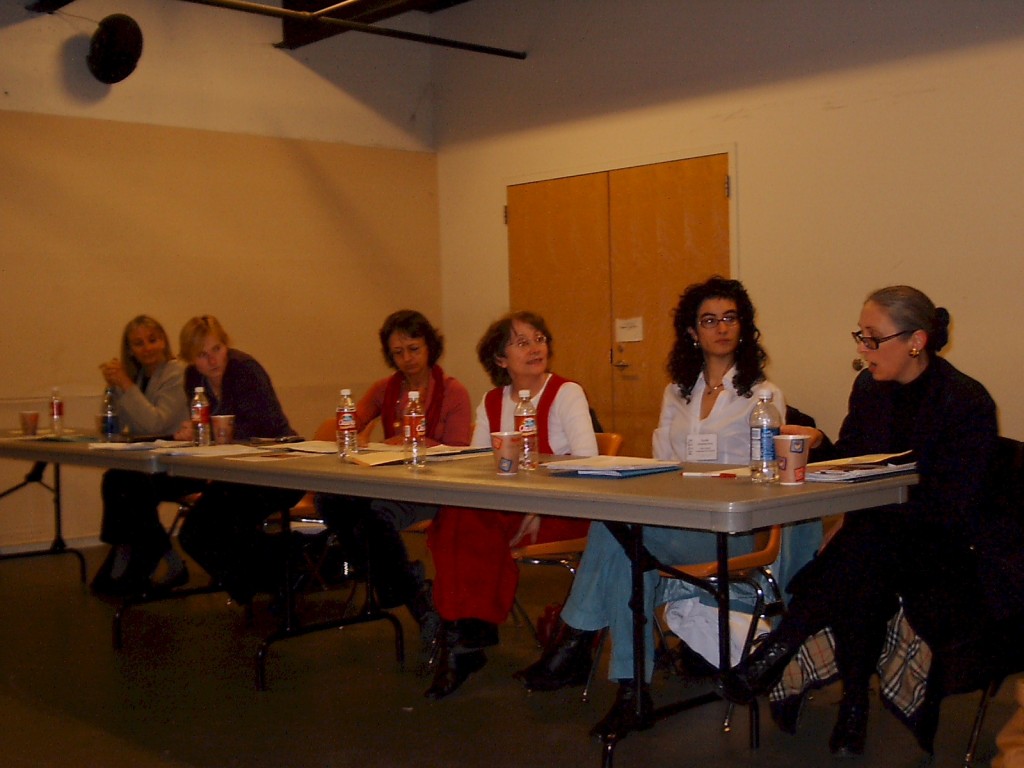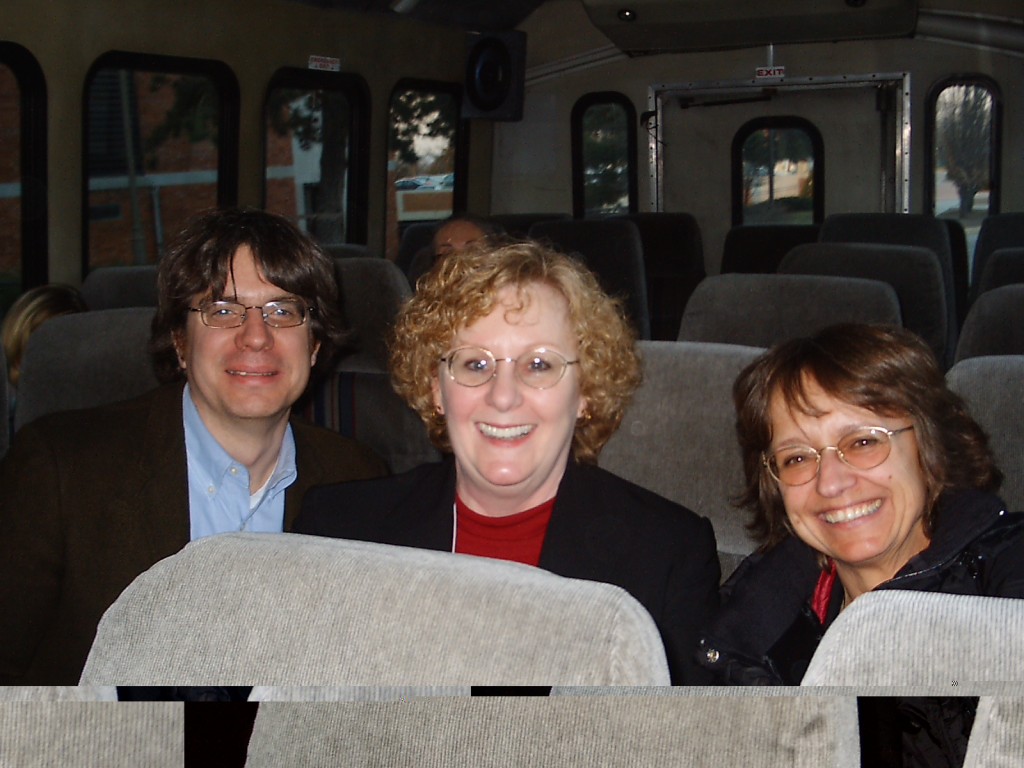“Where It All Began,” June 15-20,Provincetown MA.
Susan Glaspell and Eugene O’Neill were brought together again in their beloved Provincetown, as the Susan Glaspell Society participated in the Eugene O’Neill Society’s 6th International Conference, June 15-20, 2005. Linda Ben-Zvi gave the keynote address on Friday June 17, “The Place of Provincetown in Glaspell’s Writing,” and the Glaspell Society hosted a wine-and-cheese reception following the Provincetown Fringe Festival’s second annual Susan Glaspell play-reading marathon on Friday, as well as sponsoring a panel on Saturday and a roundtable on Sunday. Many thanks to O’Neill Society President Zander Brietzke and Vice President Steven Bloom for their warm welcome and the chance for scholars of these two founders of American drama to come together.
Susan Glaspell first came to Provincetown in the summer of 1912. When she married Jig Cook in 1913, they returned and the next year bought a house at 564 Commercial Street that was to be Glaspell’s home for the rest of her life. In Provincetown she found a community of like-minded artists and writers who provided her with the intellectual support and understanding her Davenport, Iowa family and friends were unable to offer. It is, therefore, not surprising that Provincetown, its setting, people, and history played a significant role in her writing. In her presentation Prof. Ben Zvi discussed Glaspell’s life in Provincetown and the ways in which she depicts elements of the locale and specific
residents in her plays and fiction.
-

-
From From left to right, rear to front, by row: Linda Ben-Zvi, Judith Barlow, Cheryl Black, Marcia Noe; Sharon Friedman, Patricia Bryan, Ellen Gainor, Lucia Sander; Steve Bloom, Barbara Ozieblo, Sally Heckel, Zander Brietzke; Martha Carpentier
-

-
Glaspell’s home in Provincetown. Saturday included a tour for SGS members courtesy of current owners, Mr. and Mrs. William Teague.
-

-
Provincetown Fringe Festival director Karen Maloney (left), SGS member Judith Barlow, and others read Glaspell and Cook’s Tickless Time. Suppressed Desires and Woman’s Honor were also read. Following the readings, the Glaspell Society hosted a wine-and-cheese gathering at the Provincetown Inn.
-

-
Linda Ben-Zvi and Basia Ozieblo discuss the readings at P’town Fringe Festival marathon.
-

-
Robert Sarlós and son Tibor enjoy the play readings.
Susan Glaspell Society Panel: “New Approaches to Susan Glaspell’s Theatre,” June 18. Chair: Martha C. Carpentier, Seton Hall University.
Papers: “Susan Glaspell’s ‘The Plea’: Foreshadowing Trifles and Concerns About Law and Justice,” Patricia L. Bryan, University of North Carolina Law School;
“A Trembling Hand, a Rocking Chair, and a Rocking Chair or Kitchen Sink: Glaspell, O’Neill and their Early Dramatic Experiences,” Lucia V. Sander, University of Brasilia;
“Woman’s Honor and the Critique of Slander Per Se,” J. Ellen Gainor, Cornell University;
“Writing for the Provincetown: Glaspell’s ‘New Woman’ in Chains of Dew,” Barbara Ozieblo, University of Malaga.
Susan Glaspell Society Roundtable: “Susan Glaspell in Context,” June 19. Moderator: Linda Ben-Zvi, Tel Aviv University.
Sunday’s roundtable discussion took place at the Pilgrim Monument museum. Participants Marcia Noe, Cheryl Black, Sally Heckel, J. Ellen Gainor, Sharon Friedman, Basia Ozieblo, and moderator Linda Ben-Zvi held an animated discussion that included audience members and ranged from the future of Glaspell studies to the relationship of Susan Glaspell and husband Jig Cook.







